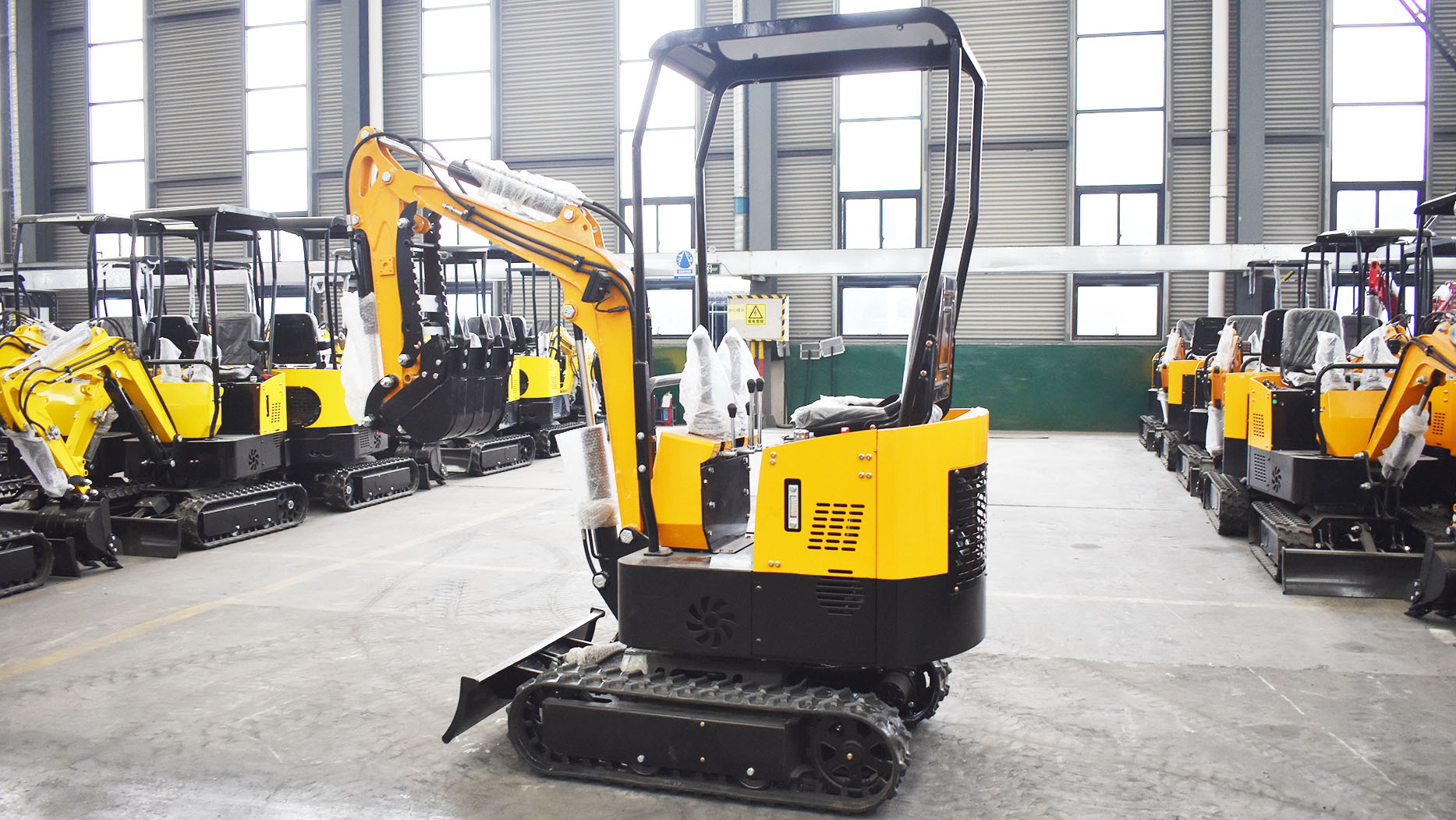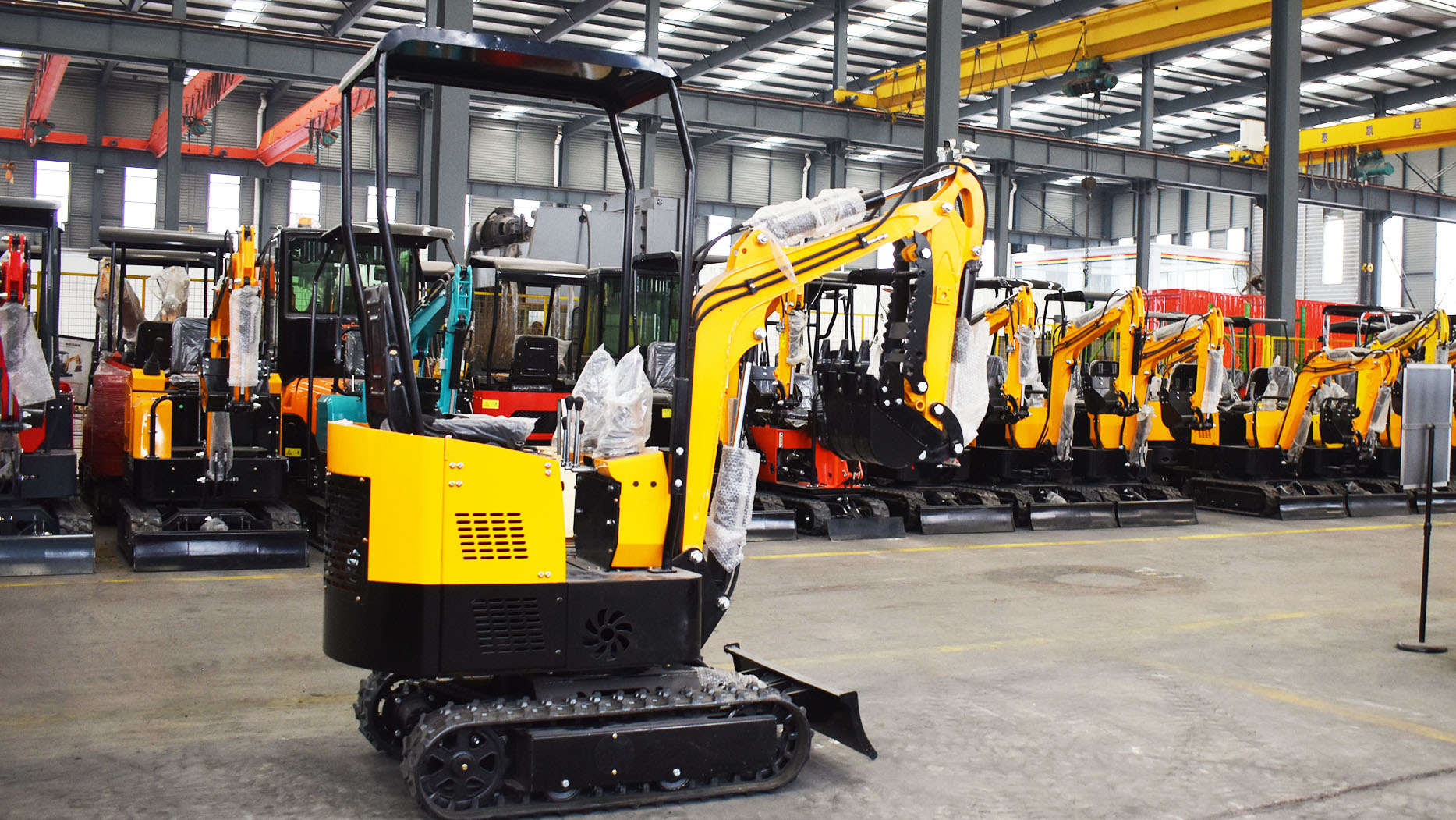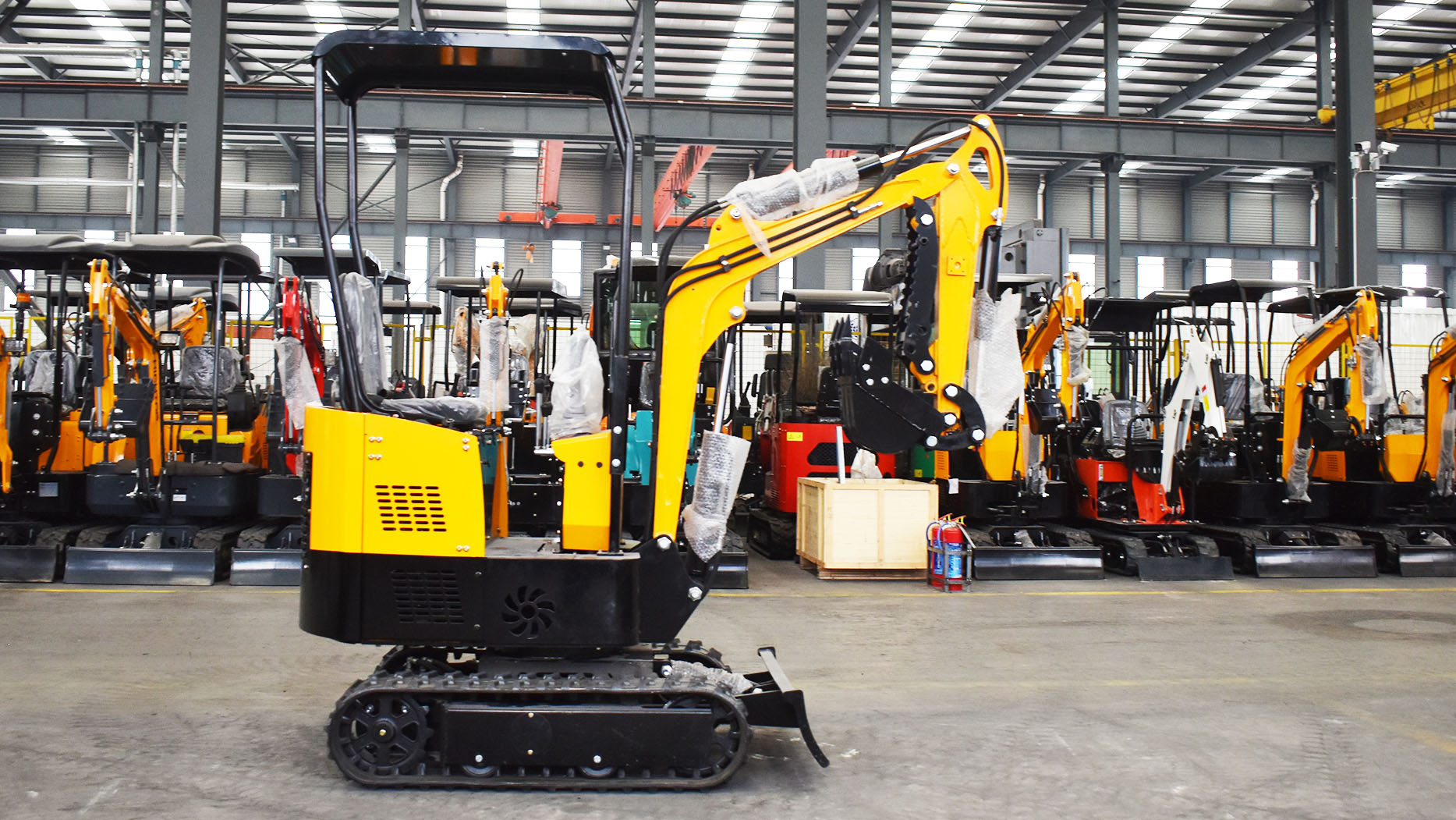Can I Operate a Mini Excavator Without a License or a Certification? A Deep Dive into Regulations and Safety
The mini excavator, a compact powerhouse of earthmoving capability, has become indispensable in construction, landscaping, and even home renovation projects. Their versatility and maneuverability make them attractive to both professional operators and DIY enthusiasts. However, a crucial question arises: can you operate a mini excavator without a license or certification? The answer, as is often the case with regulatory matters, is nuanced and depends heavily on location, application, and specific circumstances.
Understanding the Regulatory Landscape
The regulation of heavy equipment operation, including mini excavators, varies significantly across jurisdictions. In many regions, there's no specific "mini excavator license" in the same vein as a driver's license. Instead, regulations often focus on general safety standards, workplace safety, and the specific tasks being performed.
OSHA (Occupational Safety and Health Administration) in the United States: OSHA primarily focuses on workplace safety. If you're operating a mini excavator on a construction site or as part of a commercial operation, OSHA regulations apply. OSHA mandates that employers ensure operators are "trained and competent" to operate the equipment safely. This training doesn't necessarily require a formal license but must cover equipment operation, hazard recognition, and safe work practices. OSHA standards, like 29 CFR 1926 Subpart O, are relevant to earthmoving equipment.
State and Local Regulations: Some states and municipalities may have specific regulations regarding heavy equipment operation. These could include licensing requirements, operator certifications, or specific training mandates. It's crucial to check local regulations to ensure compliance.
European Union (EU) and UK: The EU and UK have stringent health and safety regulations. Operators are often required to hold relevant certifications or proof of competency, particularly for commercial operations. The Provision and Use of Work Equipment Regulations 1998 (PUWER) in the UK, for instance, emphasizes the importance of providing suitable training and information for equipment operators.
Australia: Australia has a national framework for occupational health and safety (OHS). Operators of earthmoving equipment often require specific training or certifications, especially for commercial applications. State-specific regulations also apply.
Defining "Operation" and "Application"
The context in which you operate a mini excavator plays a crucial role in determining whether a license or certification is required.
Commercial Operations: If you're operating a mini excavator for a construction company, landscaping business, or any other commercial purpose, you'll likely need formal training and documentation of competency. Employers are responsible for ensuring their employees are adequately trained and compliant with relevant regulations.
Personal Use on Private Property: If you're using a mini excavator on your own private property for personal projects, regulations may be less stringent. However, it's still essential to prioritize safety and understand the inherent risks of operating heavy machinery.
Rental Companies: Rental companies often have their own requirements for renting mini excavators. They may require proof of experience or completion of a brief training course. Some might even forbid renting if the renter cannot demonstrate sufficient experience.
The Importance of Training and Competency
Regardless of legal requirements, adequate training is paramount when operating a mini excavator. These machines, while compact, can be dangerous if mishandled.
Equipment Familiarization: Understanding the controls, functions, and limitations of the specific mini excavator model is essential.
Safe Operating Procedures: Training should cover safe operating procedures, including pre-operation checks, starting and stopping the engine, maneuvering the machine, and using attachments.
Hazard Recognition: Operators must be able to identify potential hazards, such as overhead power lines, underground utilities, unstable ground, and confined spaces.
Load Handling and Stability: Understanding load capacity, center of gravity, and stability is crucial to prevent accidents.
Emergency Procedures: Operators should be trained in emergency procedures, including how to shut down the machine in case of an emergency and how to respond to accidents.
Key Safety Considerations
Operating a mini excavator involves inherent risks. Prioritizing safety is crucial to prevent accidents and injuries.
Pre-Operation Checks: Before operating the machine, conduct a thorough inspection to ensure all components are in good working order.
Personal Protective Equipment (PPE): Wear appropriate PPE, including a hard hat, safety glasses, safety boots, and high-visibility clothing.
Site Assessment: Assess the work site for potential hazards and ensure the ground is stable and level.
Underground Utilities: Contact utility companies to locate and mark underground utilities before digging.
Overhead Power Lines: Maintain a safe distance from overhead power lines.
Slope Stability: Be aware of slope stability and avoid operating on steep inclines.
Swing Radius: Be mindful of the machine's swing radius and ensure no one is in the path of the boom or bucket.
Proper Lifting Techniques: Use proper lifting techniques to avoid overloading the machine or causing instability.
Communication: Use clear communication signals with other workers on the site.
Maintenance: Regular maintenance is crucial for safe operation.
The Role of Certification Programs
While a formal license may not always be required, certification programs can provide valuable training and documentation of competency.
National Commission for the Certification of Crane Operators (NCCCO): In the United States, NCCCO offers certification programs for various types of crane and heavy equipment operators, including excavators. While not specifically for mini excavators, these certifications demonstrate a high level of competency.
Industry-Specific Training: Many industry associations and training providers offer specialized training courses for mini excavator operators. These courses often cover specific applications and safety requirements.
Manufacturer Training: Some manufacturers offer training programs for their equipment. These programs can provide valuable insights into the specific features and operation of the machine.
The Bottom Line
In conclusion, the question of whether you can operate a mini excavator without a license or certification is complex. While a specific "mini excavator license" may not exist in all jurisdictions, regulations regarding workplace safety, operator competency, and specific applications are crucial.
For commercial operations, formal training and documentation of competency are typically required.
For personal use on private property, regulations may be less stringent, but safety remains paramount.
Regardless of legal requirements, adequate training and adherence to safety guidelines are essential to prevent accidents and injuries.
It is always best to check with local and state regulations, and if operating in a commercial setting, to check OSHA regulations to ensure full compliance. Even if not legally required, taking a training course to learn safe operating procedures is highly recommended. Mini excavators are powerful tools, and improper use can result in serious harm.
Post time:Sep-25-2020



